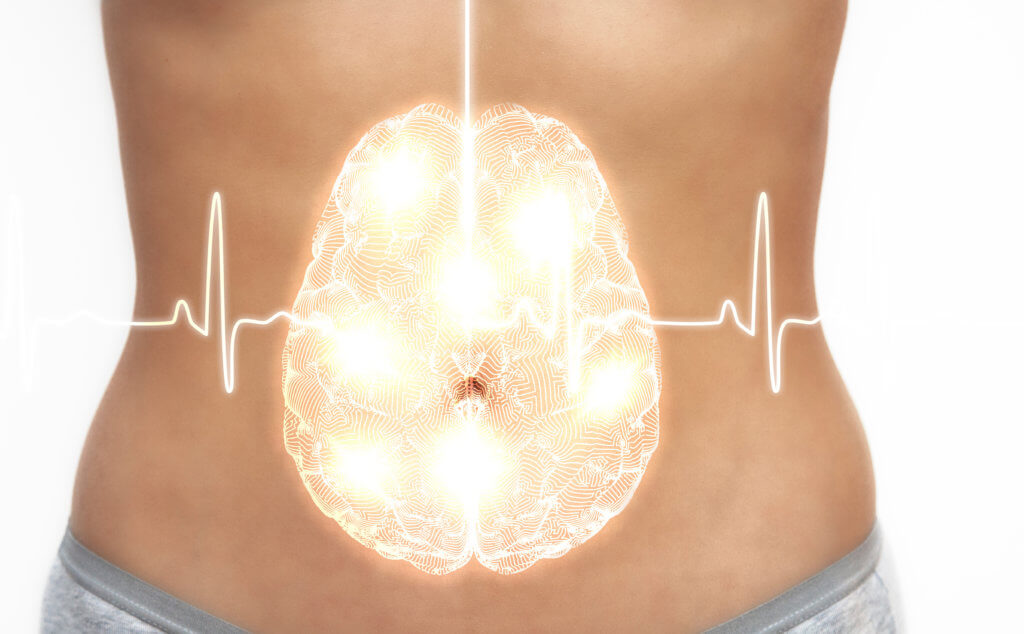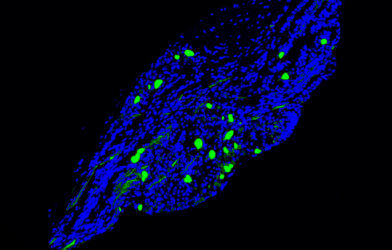Imagine you’re sitting down for your favorite meal. You can see and smell turkey, mashed potatoes, gravy, corn and cranberry sauce. Your mouth starts to water a bit, but that’s not the only response your body makes. Just the sight of food triggers an inflammatory response in the brain.
Researchers from the University of Basel and University Hospital Basel report the sight and smell of food triggers an insulin release. The insulin release depends on a short-term inflammatory response. When this happens in overweight people, the inflammatory response is so excessive it can impair insulin secretion.
“The fact that this inflammatory factor is responsible for a considerate proportion of normal insulin secretion in healthy individuals is surprising, because it’s also involved in the development of type 2 diabetes,” says Professor Marc Donath, study lead author from the Department of Biomedicine and the Department of Endocrinology, in a statement.
Before we take our first bite of food, insulin arrives on the scene. Researchers call this the neurally mediated phase of insulin secretion.
Previous studies were unable to conclude why seeing a meal in front of you generated a signal to the pancreas to ramp up insulin production. However, this time around, researchers identified an inflammatory factor known as interleukin 1 beta (IL1B). The IL1B factor is also involved in the immune response to pathogens or in tissue damage.
Researchers found IL1B is produced and secreted in excessively large quantities. Studies are currently analyzing whether inhibitors against this inflammatory factor are suitable for use as therapeutic agents for diabetes.
“The smell and sight of a meal stimulate specific immune cells in the brain known as the microglia,” explains Dr. Sophia Wiedermann, study author and resident physician for internal medicine. “These cells briefly secrete IL1B, which in turn affects the autonomic nervous system via the vagus nerve.” This system then relays the signal to the pancreas — the site of insulin secretion.
According to the study, the neurally mediated phase of insulin secretion is disrupted in obese individuals by the initial excessive inflammatory response. Doctoral candidate Kelly Trimigliozzi carried out the main part of this study in collaboration with Wiedermann.
“Our results indicate that IL1B plays an important role in linking up sensory information such as the sight and smell of a meal with subsequent neurally mediated insulin secretion — and in regulating this connection,” says Donath.
The study was published in the journal Cell Metabolism.












Little wonder that Michael Moore, Stacy Adams and others like them are in such a crappy, foul mood.
Still doesn’t explain why Trump deranged!